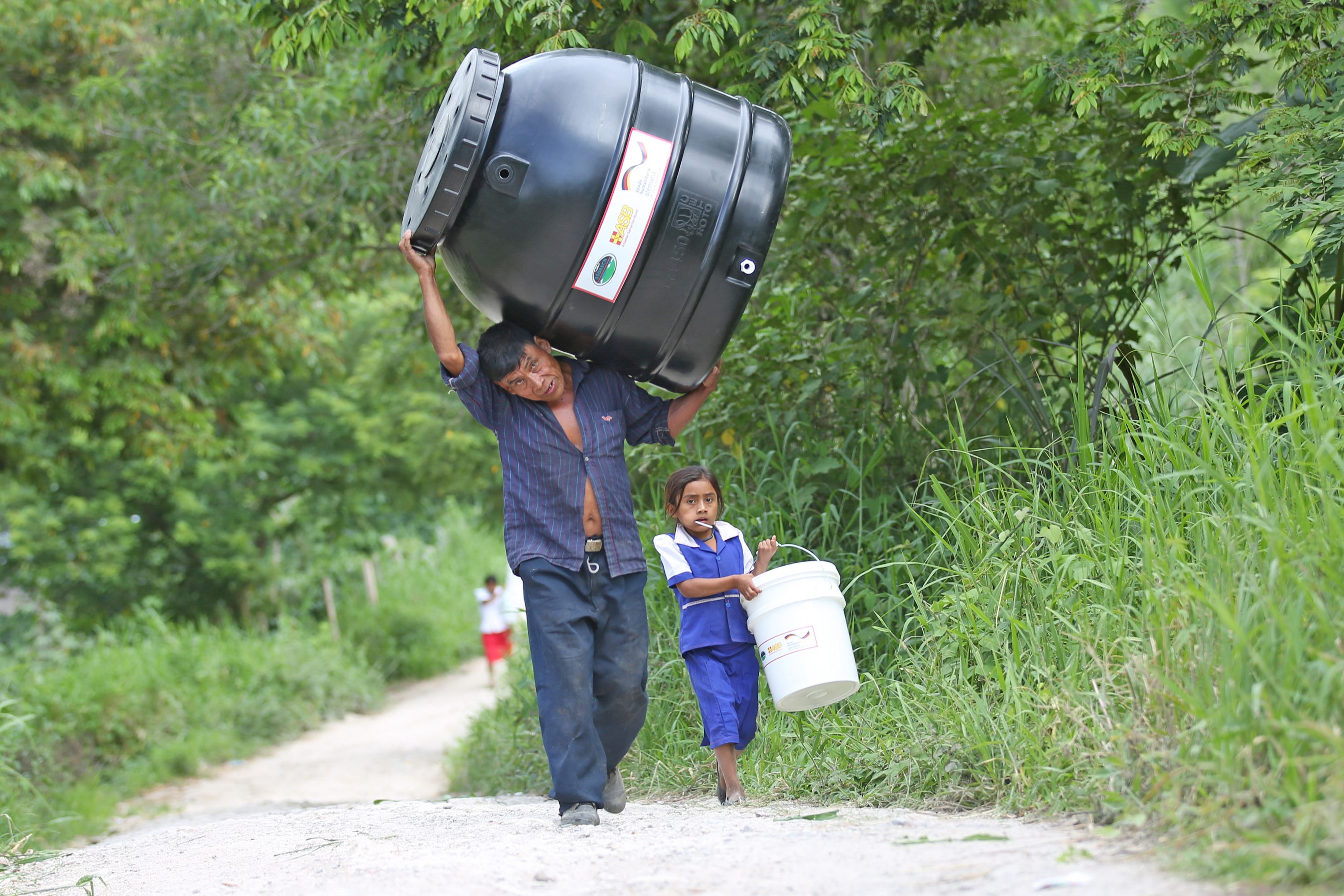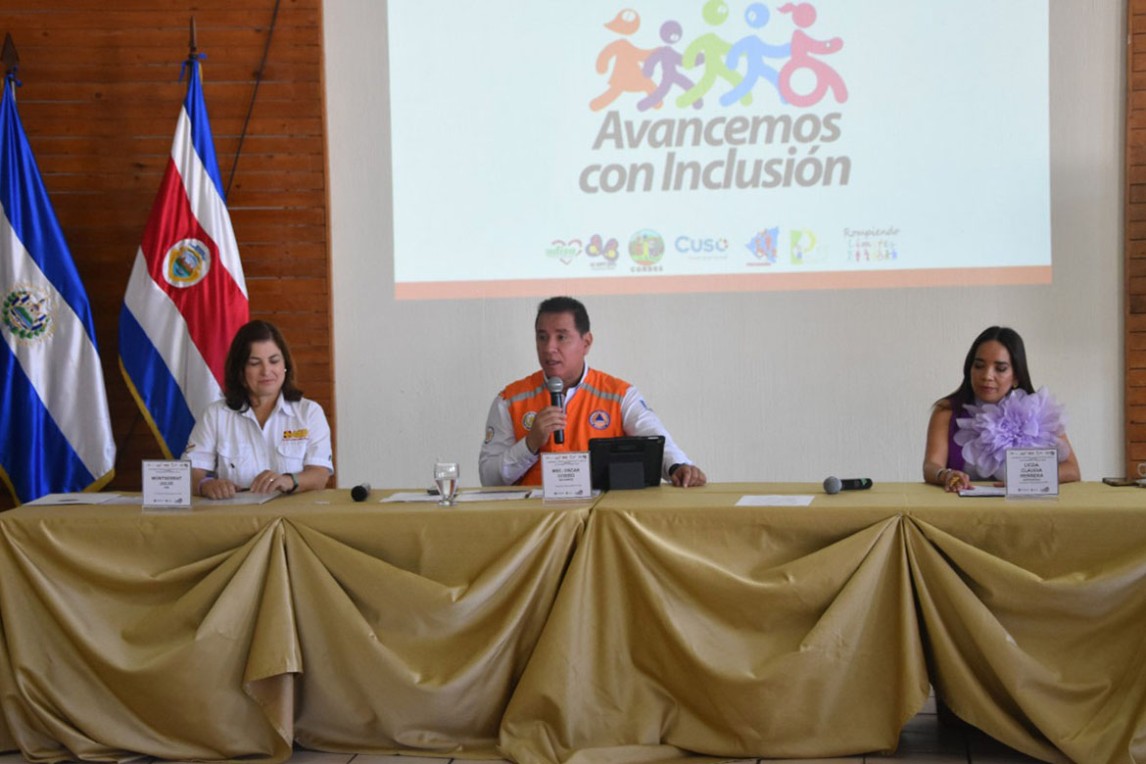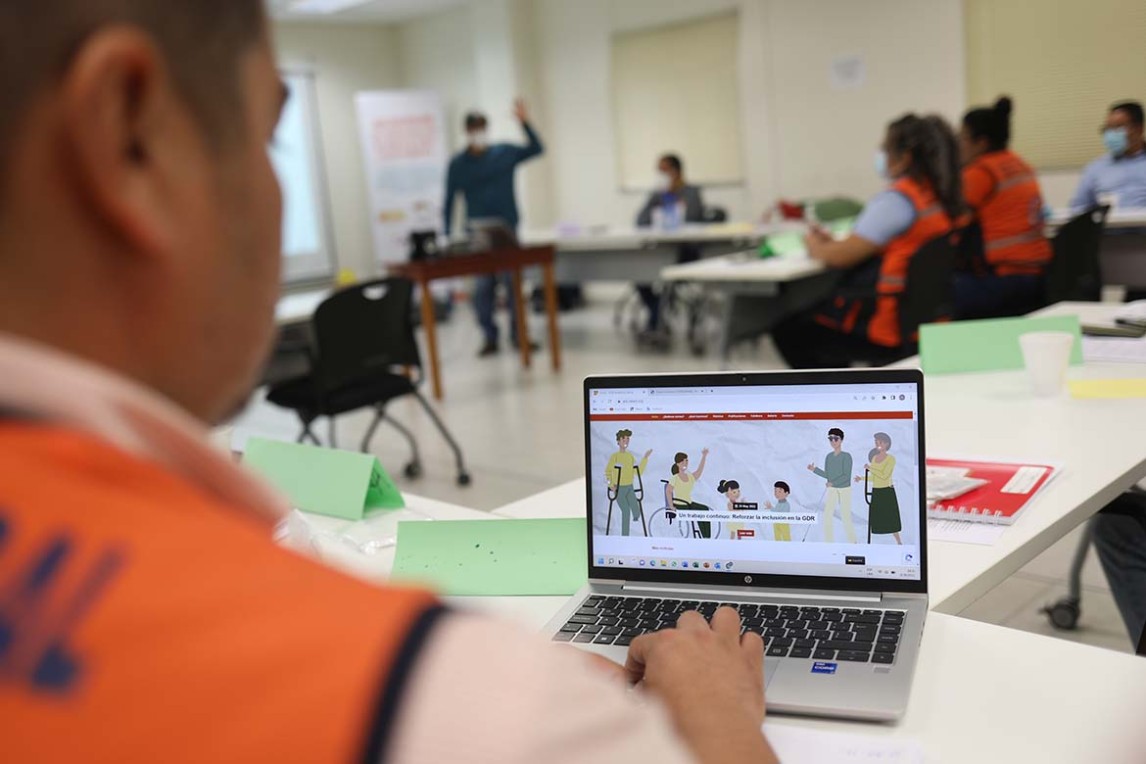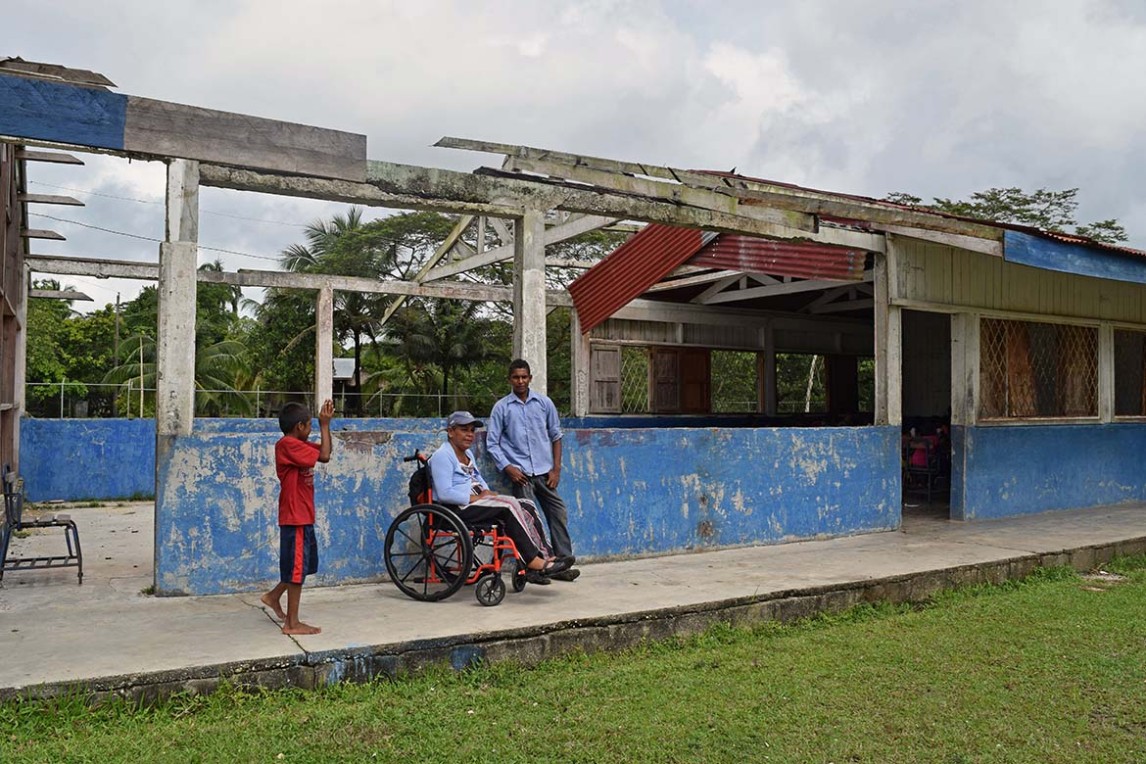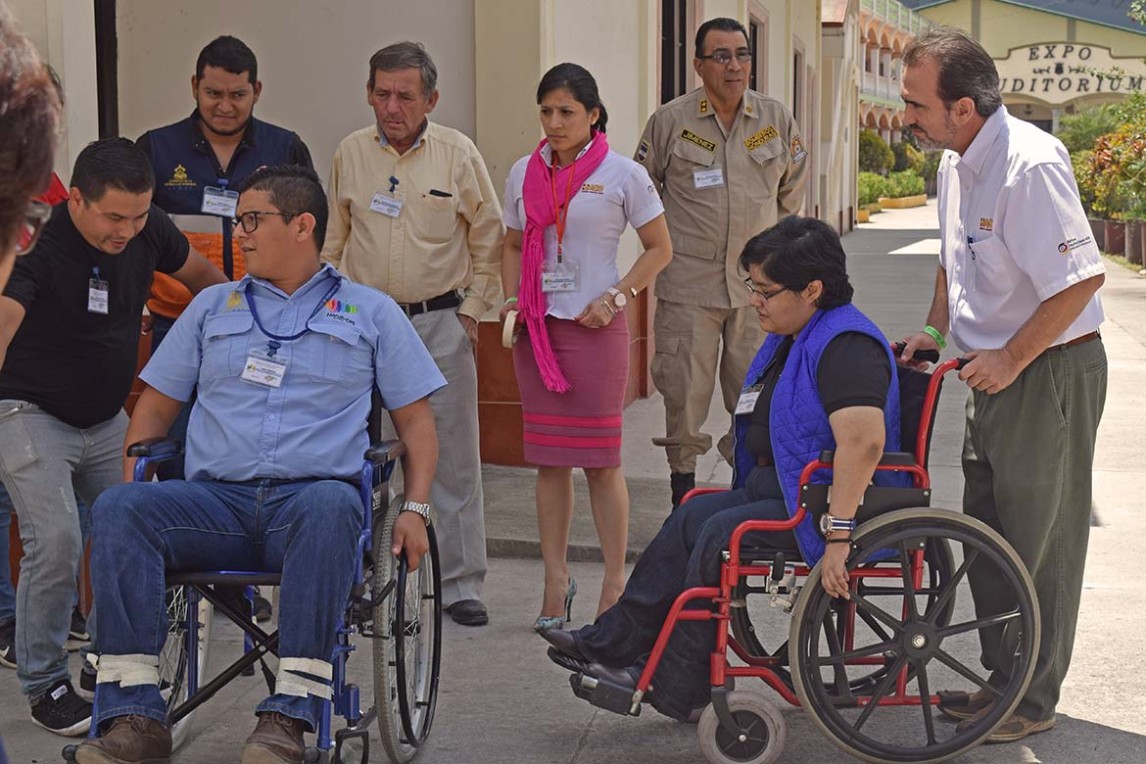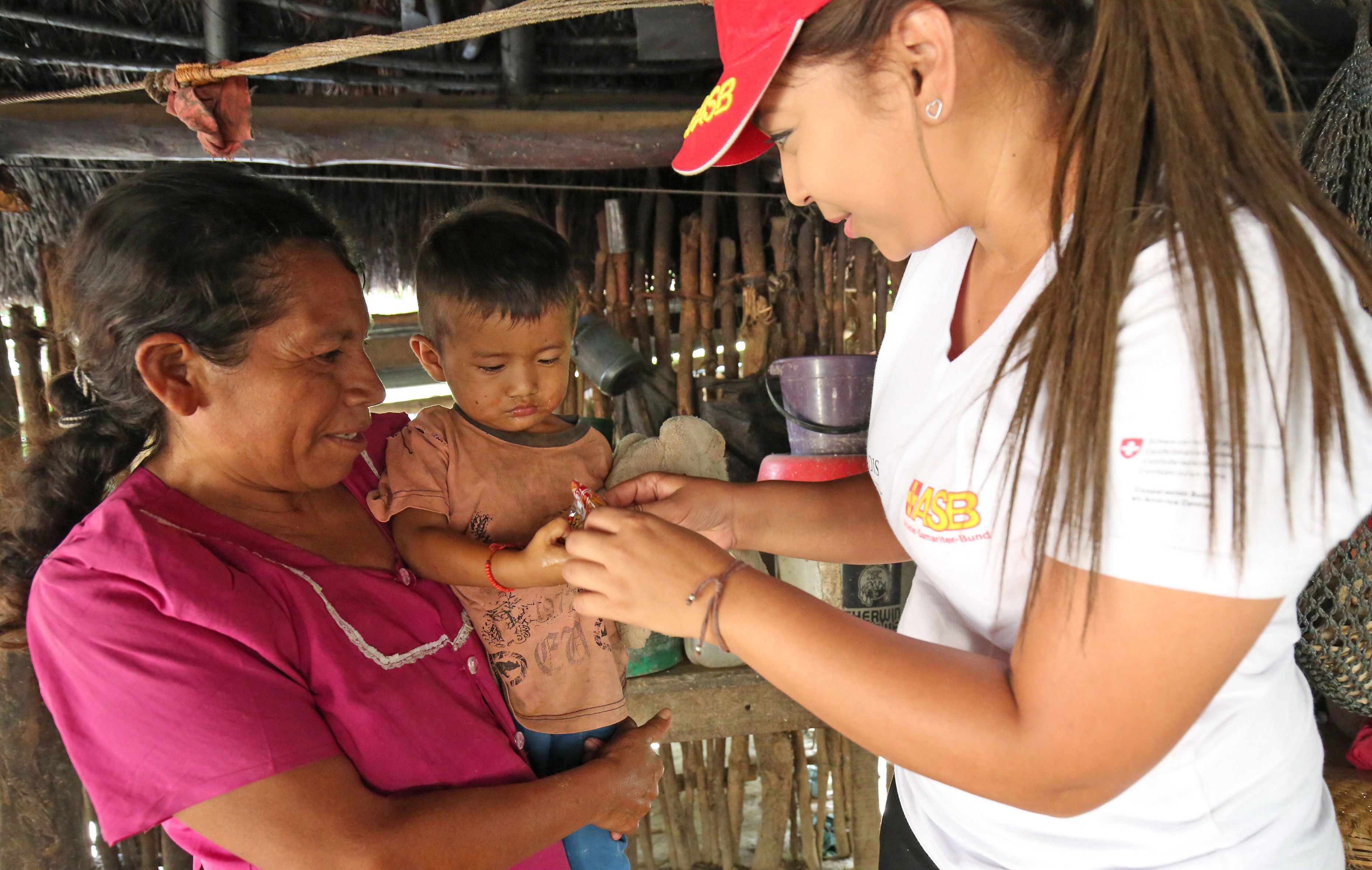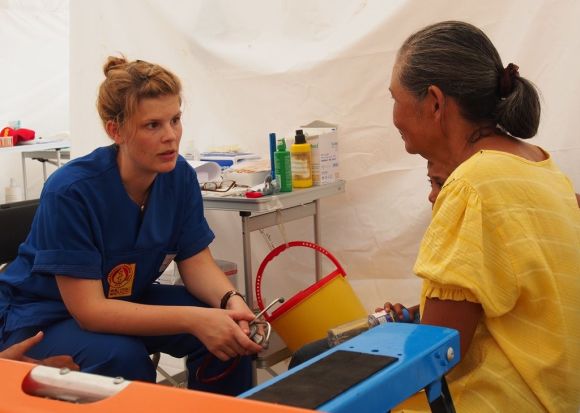-

Project title: Implementation of the Sendai Framework in Central America: Promoting a cross-border approach to strengthening inclusion in disaster risk reduction at the regional, national and local levels.
-

Project region: El Salvador, Guatemala, Honduras and Nicaragua
-

Project financing: Federal Ministry for Economic Cooperation and Development (BMZ) and own resources of ASB and FECONORI
-

Project volume: € 2,000,000
-

Project duration: 01/11/2020 - 31/01/2024
-

Target group: People with disabilities and their families, members of organisations of people with disabilities and public institutions in the field of inclusion, local and municipal civil protection committees, and national and regional civil protection authorities.
